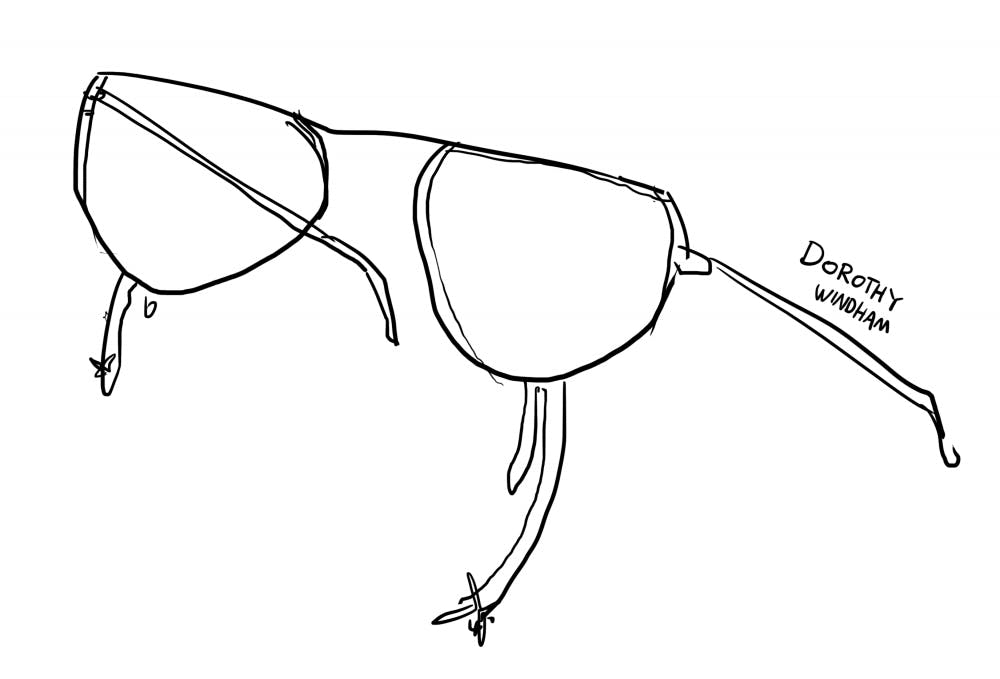“Donald Cried” may fail to rise to its inconsistent flashes of brilliance but nonetheless delivers a story rife with comedic flair. Playing at Avon Cinema on Thayer Street until Thursday, the film follows a New York financier who returns to his aggressively working-class Rhode Island hometown to handle the affairs of his recently-deceased grandmother. In the opening scene, Peter, played by Jesse Wakeman, leaves his wallet on he bus and thus must rely on the help of his childhood best friend, Donald, for the duration of the movie.
In his directorial feature debut, Kris Avedisian stars as Donald, a character who remains faithful to quirky traditions of the man-child archetype, a trope made famous by jesters like Will Ferrell and Adam Sandler. But as Mike D’Angelo of “A.V Club” points out, “unlike (those characters) he superficially resembles … this emotionally stunted loser is meant to inspire a certain degree of pathos, as the film’s title suggests.”
Indeed, while Donald exists to provide the film’s comedic backbone, he also adds nuance and depth to a story otherwise built upon the foundation of Wakeman’s solid, if unmemorable, straight man. Donald’s random and rambling sermons are impressive attempts to plumb the realm of the absurd for laughs, but they also offer a window into a mind that is far more refined than the average Ferrell farce. Moreover, there’s a certain thrill to not knowing where Donald’s speeches will lead — in one scene, a casual conversation reminiscing about high school veers into a story about a twisted lineage worthy of the Jerry Springer Show.
Avedisian’s approach to comedy finds humor not only in Donald’s absurd non sequiturs but also in Peter’s incredulity and the suffocating silences that follow. The camera has a knack for reinforcing the humor inherent in the pair’s dynamic, placing Peter in nearly every shot in which Donald delivers a humorous line. Using one camera to frame two men who see the world through such diametrically-opposed lenses isn’t just a device to extend the humor — it’s an ingenious approach that helps the audience better delve into the souls of the characters.
Death proves a particularly strong site for humor in “Donald Cried.” In one scene, Peter and Donald attempt to spread the ashes of Peter’s grandmother along a riverbank, and hilarity ensues. Donald provides an intensely funny and inappropriate eulogy before asking “Can I do one?” — a wonderful and ridiculous way to phrase a request to toss ashes.
While set exclusively in Warwick, Rhode Island, “Donald Cried” at times feels like a roadie flick. The men drive to various childhood haunts while finding themselves in increasingly ludicrous situations, a la the forgettable 2010 film, “Due Date.” Of course, “Donald Cried” exists on an entirely superior plane to “Due Date” in both its comedic approach and the strength of its human drama. But therein lies the ultimate problem with the film — it struggles to incorporate Donald’s natural cringe comedy into the complex and troubling relationship between the two protagonists.
The quality of Avedisian’s direction and writing is such that the movie shouldn’t have to choose between comedy and drama. Indeed, the movie soars in the moments when its humor informs the pathos. In one scene, Peter discovers that Donald has spent the past six years tricking Peter’s dementia-addled grandmother into believing that he, Donald, is in fact Peter. The scene proves a comedic goldmine but also more subtly reveals the dynamics of Peter and Donald’s relationship, one riddled with dark undercurrents of idolization and abuse. The movie suffers when Avedisian forgets that the relationship between childhood best friends provides the movie’s ultimate pulse rather than the comedy.





